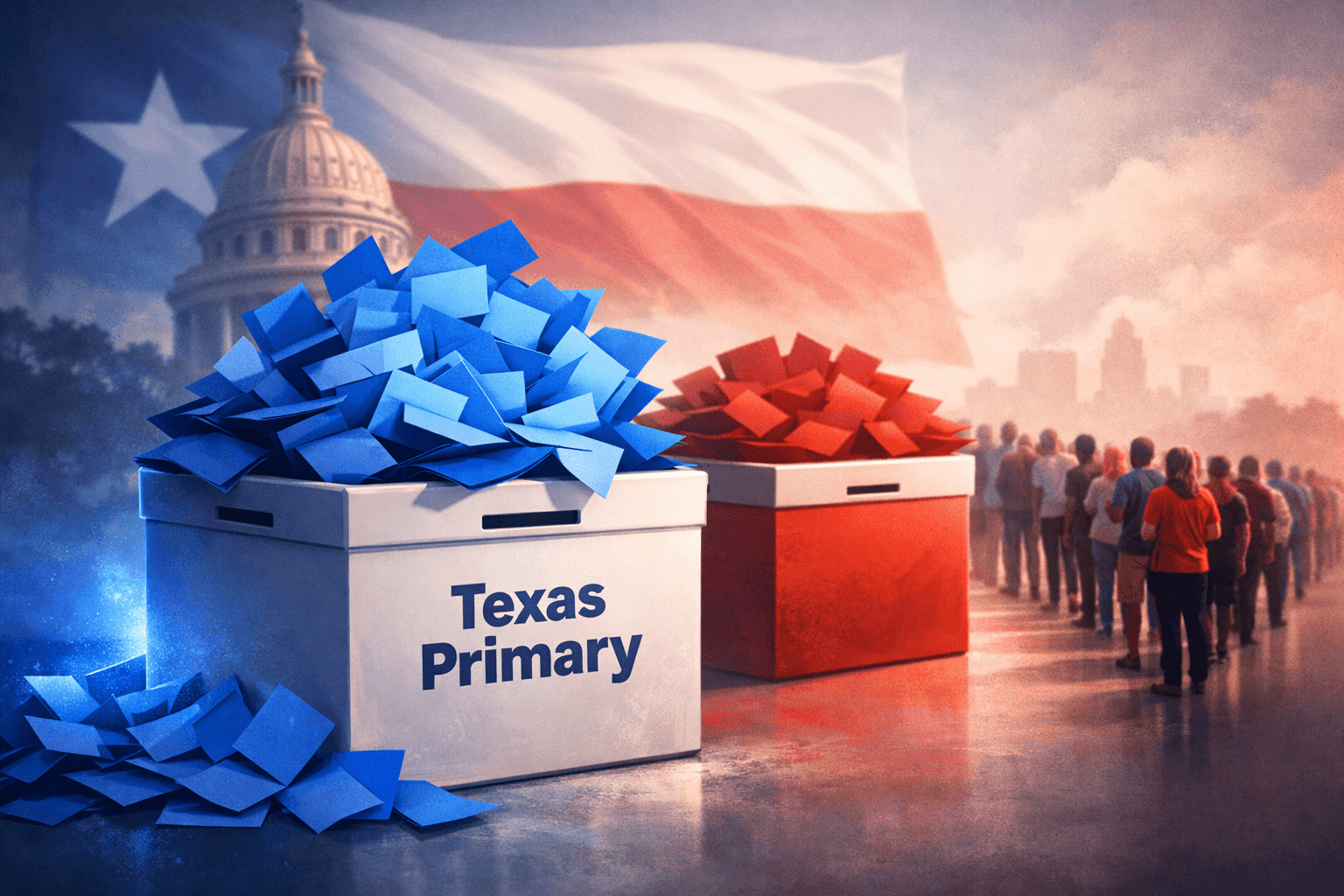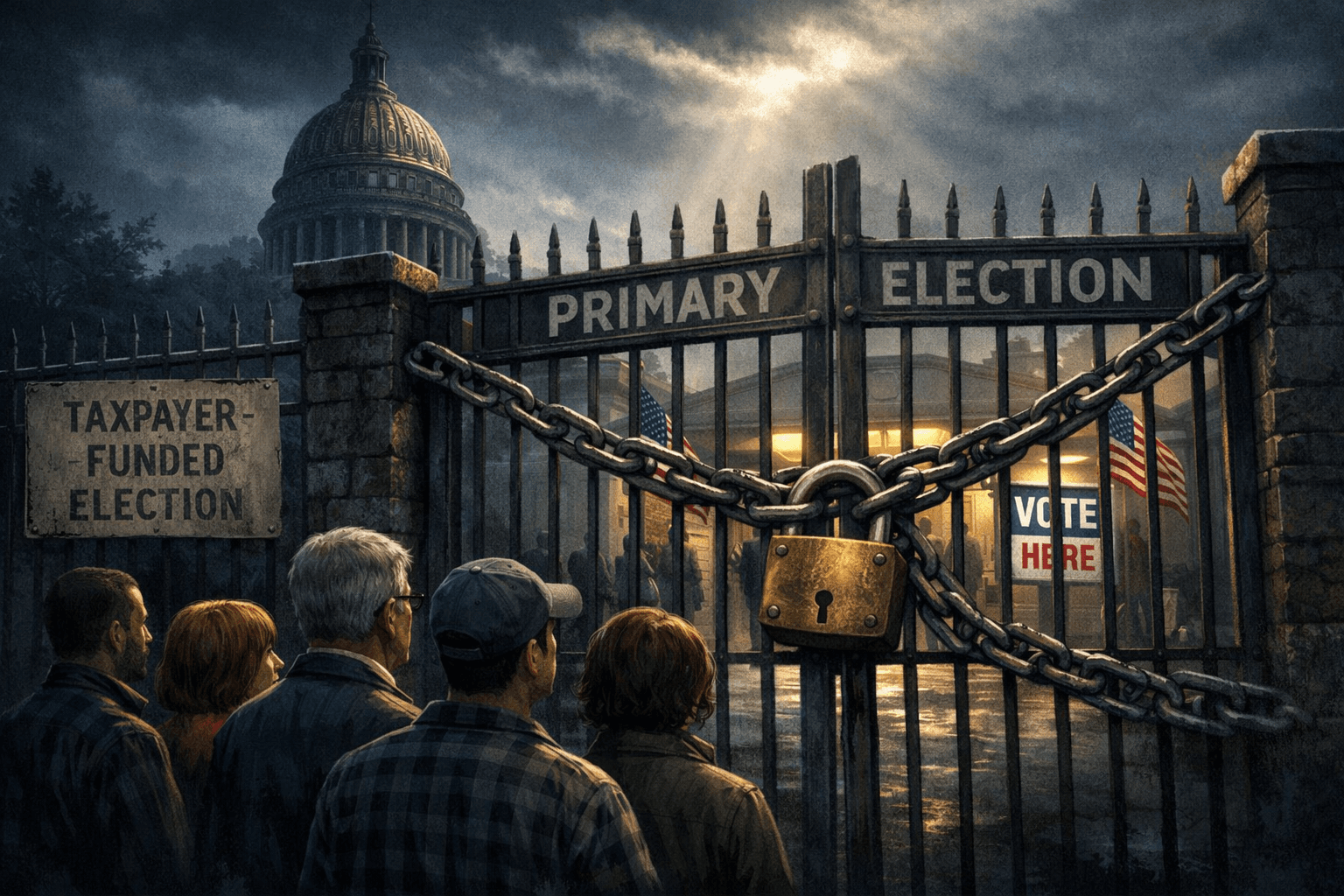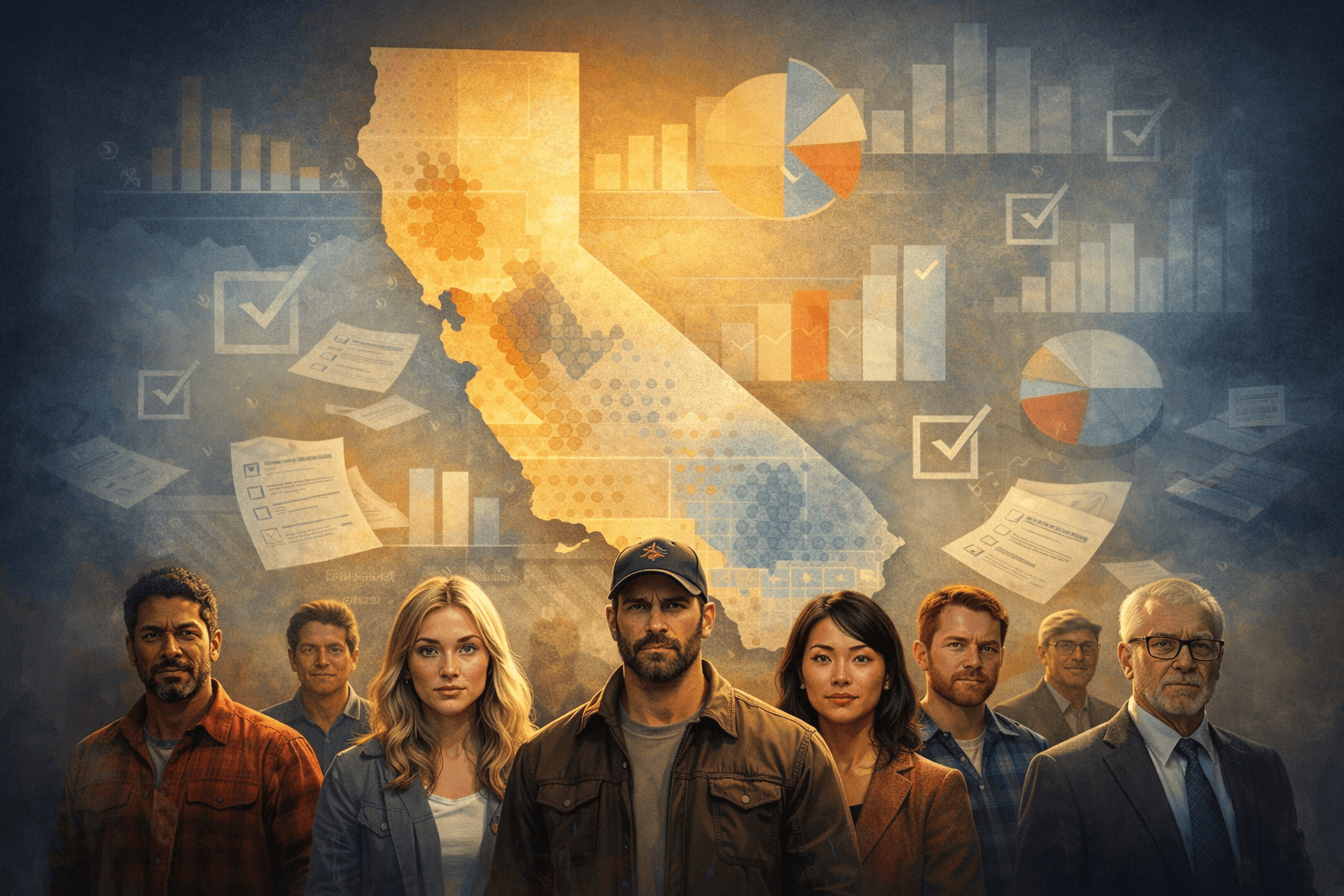From Primaries to Administration, Arizonans Support Nonpartisan Elections
Image Source: WIkimedia Commons
Four in five Arizona voters favor a nonpartisan primary system and nearly all voters believe election officials should function in a nonpartisan manner. This is according to a survey conducted by Arizona State University’s Center for an Independent and Sustainable Democracy.
Strengthening the integrity of elections is important to most voters. The CISD found that over 60% of survey respondents supported things like strengthening voter ID requirements and auditing election results, while 85% supported public testing of voting machines.
These are things that are already in place under state law, but the findings offer insight into how voters are more unified on these matters than politicos or partisan public officials would have people believe.
“We found there is a considerable amount of common ground regarding our election system and voters’ views align more than partisan politics would suggest,” said CISD co-director and School of Public Affairs professor Dr. Thom Reilly.
Nearly two-thirds of voters were somewhat or very confident in the outcome of Arizona elections. But one would not get this impression of election confidence from listening to pundits in the press.
A united public does not serve the interests of the institutions and people who operate within the manufactured two-party structure of US politics and rely on the preservation of the status quo. The narrative must present voters as staunchly divided on everything.
This may be why voters don’t trust most sources of information on elections. The CISD found that no institutions offered for consideration were trusted by a majority of respondents, including TV, radio and print, social media, politicians, business leaders, and the clergy.
In fact, these sources were widely distrusted.
The most notable findings from the CISD were on questions that concern how we elect our public officials and how election administrators conduct themselves. Overall, voters believe elections should be nonpartisan across the board.
Survey takers were asked: “Should top state and local election officials be required to take an oath to function in a nonpartisan manner?”
The percentage of respondents who said yes went as low as 86% and as high as 97% when broken down by party affiliation. Overall, 92% of survey respondents said yes.
Arizona voters also believe candidates should be held to the same signature requirements to qualify for the ballot, regardless of political affiliation.
Independents and third-party candidates currently need 4x the signatures required of Republicans and Democrats to qualify for the ballot. 86% of survey respondents said the number should be the same across the board.
Respondents were also asked about nonpartisan primaries and ranked choice voting. Eighty percent (80%) of respondents said they support a primary system in which all voters and candidates, regardless of political affiliation, participate on a single primary ballot.
Unsurprisingly, the highest level of support came from independents at 87%. Independents can currently request the primary ballot of only a single party in Arizona – limiting their options and suppressing their voice. However, even 79% of Republicans and 74% of Democrats said they would support a nonpartisan primary system.
RCV did not receive the same level of support. The alternative voting method was supported by a slim majority (52%) of respondents, Democrats and non-voting independents led the support for RCV while Republicans who voted in the 2022 general election were largely opposed to it.
“The survey’s results offer direction on how running elections in a nonpartisan way could improve Arizona voters’ trust in the system,” said Jackie Salit, president of Independent Voting and co-director of CISD.
The CISD survey was conducted by telephone from May 17-26. It included 1,063 registered Arizona voters that the group says was “proportionally divided among Republicans, Democrats, and independents” and reflects “the state’s ethnic, education, and age makeup.”
 Shawn Griffiths
Shawn Griffiths






